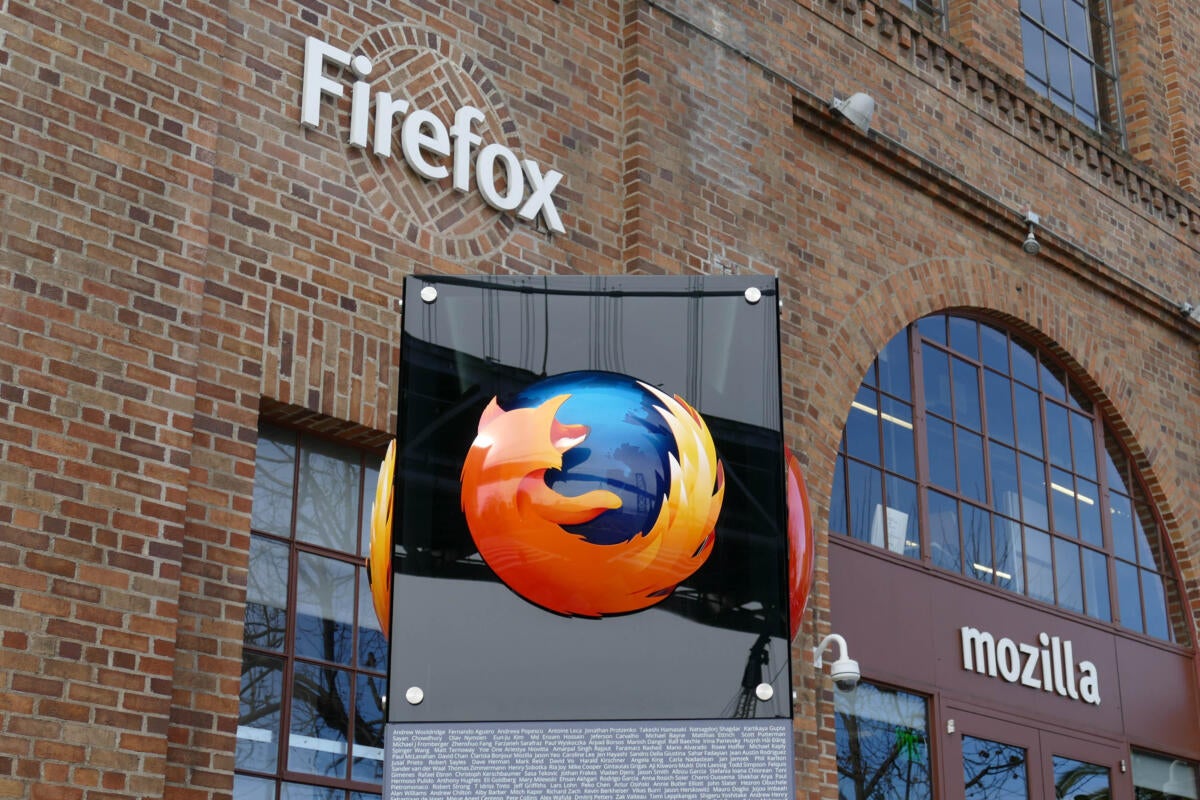Mozilla takes swipe at Chrome with 'Track THIS' project

Credit to Author: Gregg Keizer| Date: Thu, 27 Jun 2019 04:28:00 -0700
Mozilla this week touted Firefox’s anti-ad tracking talents by urging users of other browsers to load 100 tabs to trick those trackers into offering goods and services suitable for someone in the 1%, an end-times devotee and other archetypes.
Tagged as “Track THIS,” the only-semi-tongue-in-cheek project lets users select from four personas – including “hypebeast,” “filthy rich,” “doomsday prepper,” and “influencer” – for illustrative purposes. Track THIS then opens 100 tabs “to fool trackers into thinking you’re someone else.”
Track THIS offers four personas – including an end-times zealot – to demonstrate how ad trackers follow users’ web wanderings, then customize the ads they see based on where they’ve been and what they’ve looked at. The project is part of Mozilla’s effort to establish Firefox as the go-to browser on privacy.
If it works, the browser will start showing online ads for products the trackers’ algorithms believe will be attractive to that persona. “It’s really just throwing off brands who want to advertise to a very specific type of person,” Mozilla wrote in a June 25 post to one of its blogs.
Depending on the agility of the trackers, the products chosen may revert to ones that hit closer to home, Mozilla warned. “Your ads will probably only be impacted for a few days, but ad trackers are pretty sophisticated. They could start reflecting your normal browsing habits sooner than that,” the company said.
Computerworld donned the mask of a pretend prepper to gauge Track THIS’s effectiveness in Chrome on a Mac. (Computerworld also tried Safari, but its “Intelligent Tracking Protection” stymied the impact of the 100 tabs.)
Among the 100 tabs were pages at amazon.com shilling 36,000-calorie buckets of bulk meals, water filters and purification pills, “bug-out” bags and the like; sites strutting television programs including “Ancient Aliens” (History Channel); places to purchase hazmat suits; and articles from survivalist websites such as primalsurvivor.net and theprepared.com.
After running Mozilla’s ‘Track THIS’ project on Chrome – and opening 100 tabs designed to spoof a doomsday prepper – the browser started showing ads for disaster-related products.
Subsequent ventures onto the Web with Chrome immediately revealed a change in ads. A visit to slate.com, for example, showed ads for camouflage jackets, while a trip to nbcsports.com boasted a banner ad that read, “You only get once [sic] chance to save your family” and led to wisefoodstorage.com where ad copy asserted “Don’t face your next emergency on an empty stomach.”
The whole purpose of Track THIS was, as Mozilla acknowledged, to publicize Firefox’s anti-tracking features. At the end of its blog post, after instructions on how to use Track THIS, Mozilla went into pitch mode. “When you’re done with the experiment, get Firefox with Enhanced Tracking Protection [ETP] to block third-party tracking cookies by default.”
Mozilla has long trumpeted Firefox’s down-with-trackers abilities. Originally called just “Tracking Protection” and restricted to Firefox’s private browsing mode, the technology blocked a range of content – not just online advertisements but also in-page trackers that sites or ad networks used to follow people around the web. Later, in November 2017, with Firefox 57, aka “Quantum,” Mozilla expanded Tracking Protection to cover non-private browsing. Problems persisted, however, with sites often breaking when trackers were struck out.
By October 2018’s Firefox 63, Mozilla claimed it had tamed site breakage, and added “Enhanced” to the name. Originally, ETP was off by default in Firefox 63, but Mozilla said it would switch it to on-by-default two versions later, in January. But ultimately, the company needed more testing time. Mozilla finally began to roll out on-by-default ETP with Firefox 67.0.1, a June 4 update.
The stratagem seemed aimed squarely at Chrome, the world’s most popular browser, which accounted for 68% of all browsing activity last month, accord to analytics vendor Net Applications. Of the top four browsers – Chrome, Firefox, Safari, and Microsoft’s Edge/Internet Explorer duo – Chrome and Microsoft’s lacked integrated anti-tracking tools. And while Firefox’s user share has remained mire in the single digits, Mozilla’s drumbeat on privacy has been heard by some.
Last week, the Washington Post ran a piece titled “Goodbye, Chrome: Google’s web browser has become spy software” and stuck it near the top of its website, where it remained for hours.
“Seen from the inside, [Google’s] Chrome browser looks a lot like surveillance software,” argued the newspaper’s technology columnist, Geoffrey Fowler. “Having the world’s biggest advertising company make the most popular web browser was about as smart as letting kids run a candy shop. It made me decide to ditch Chrome for a new version of nonprofit Mozilla’s Firefox, which has default privacy protections.”